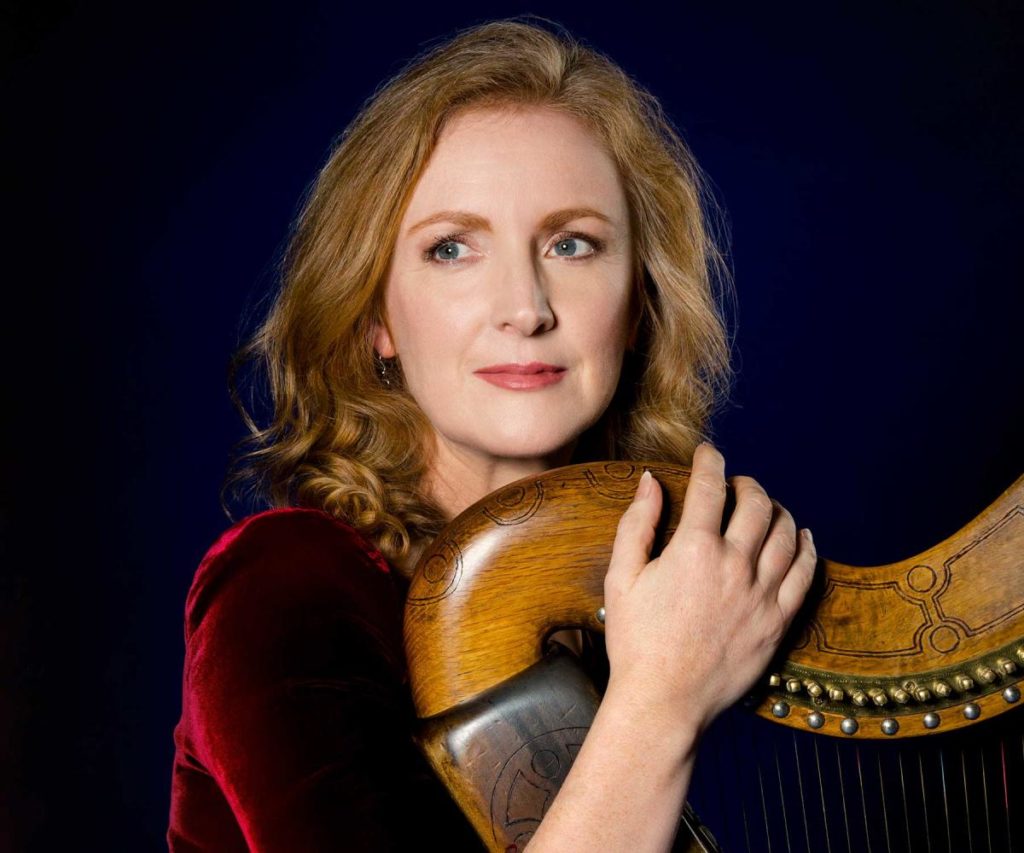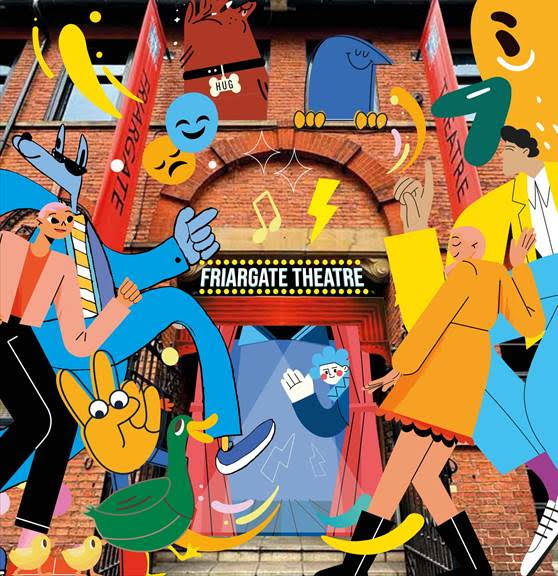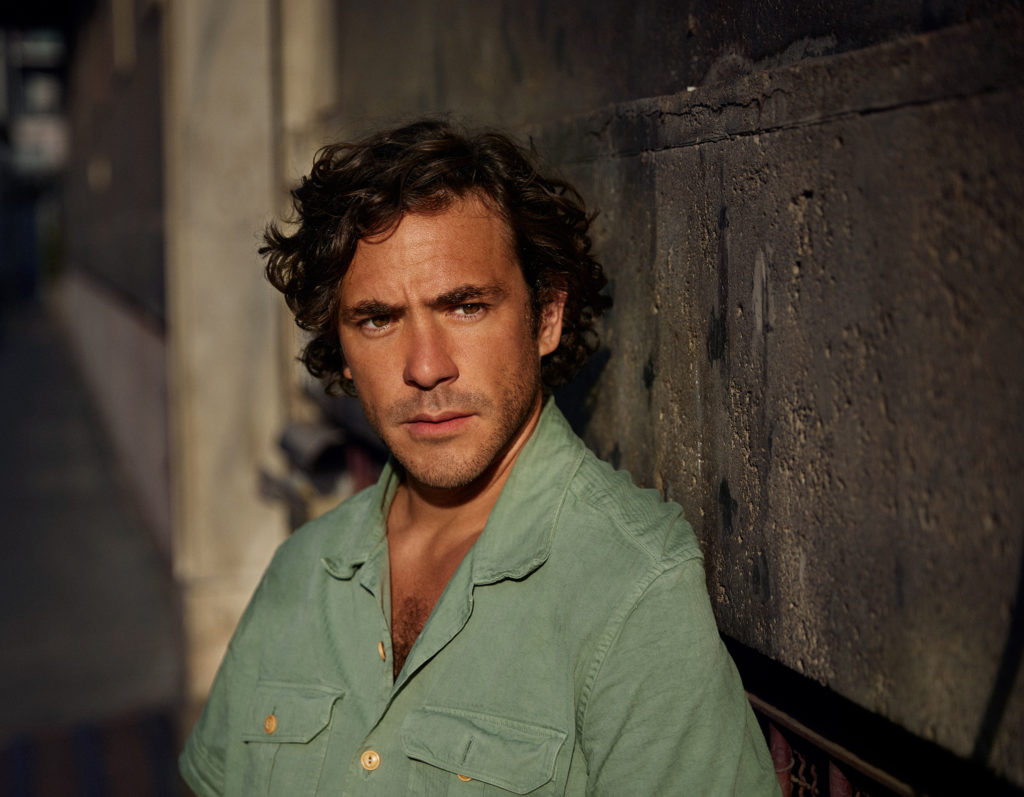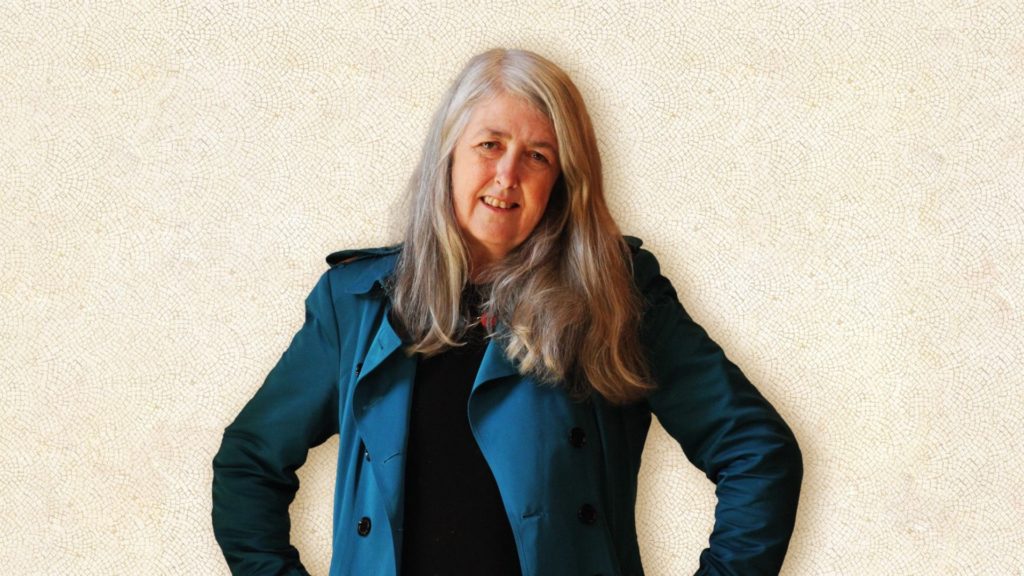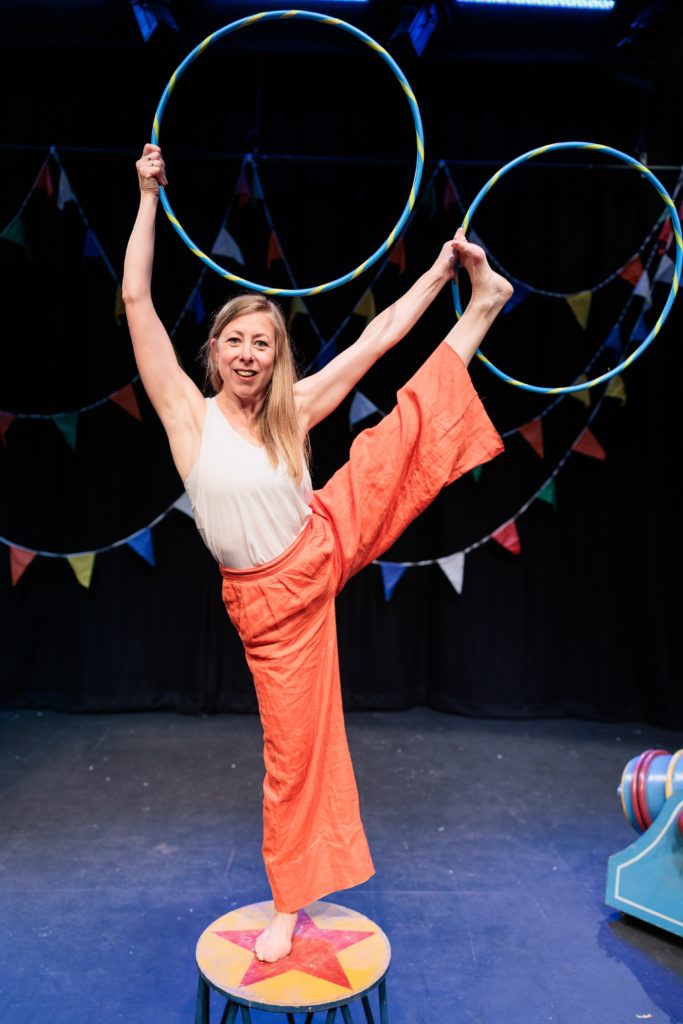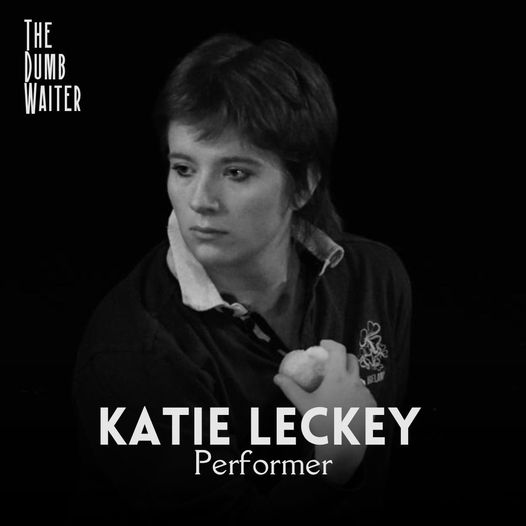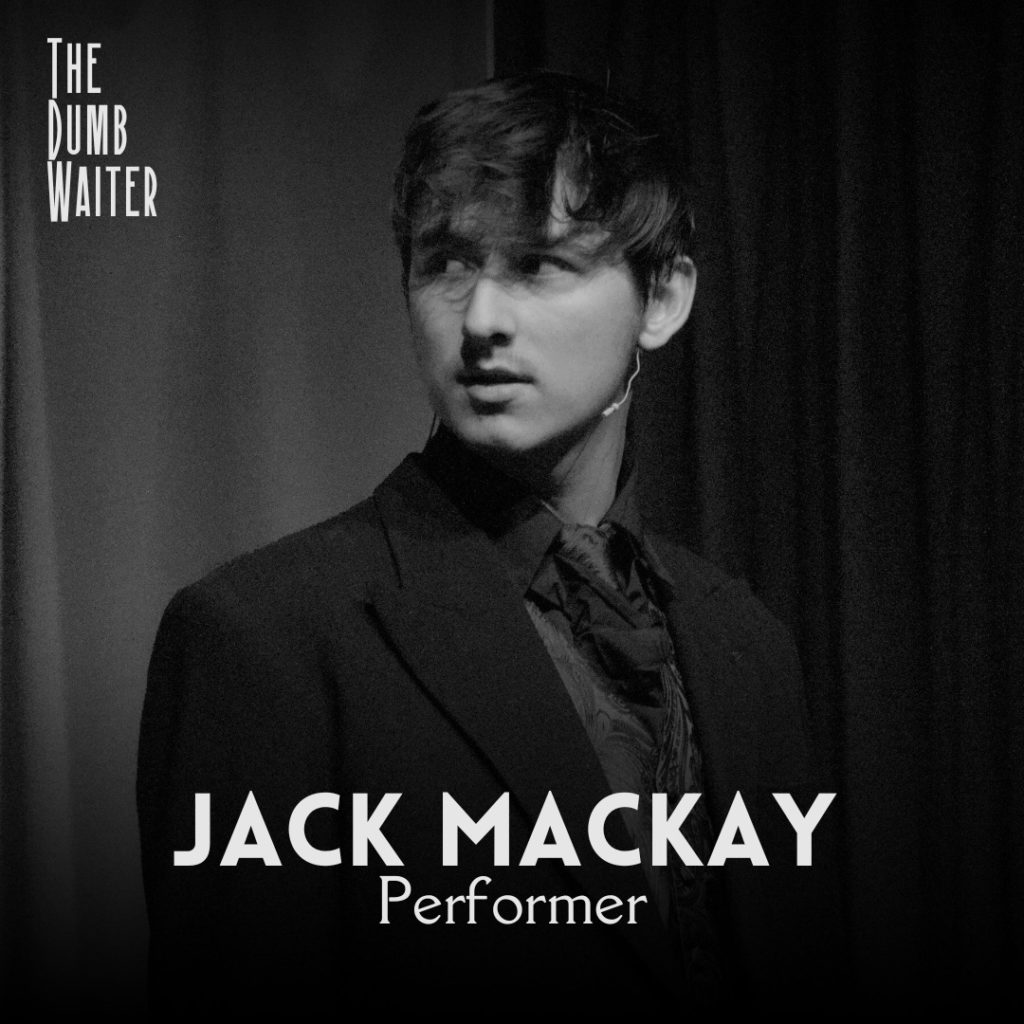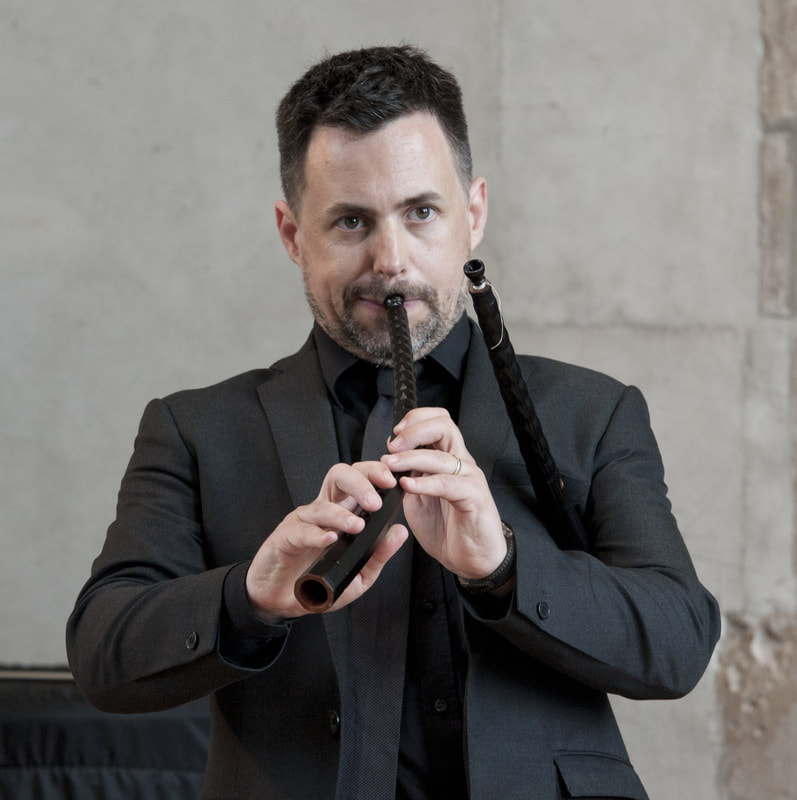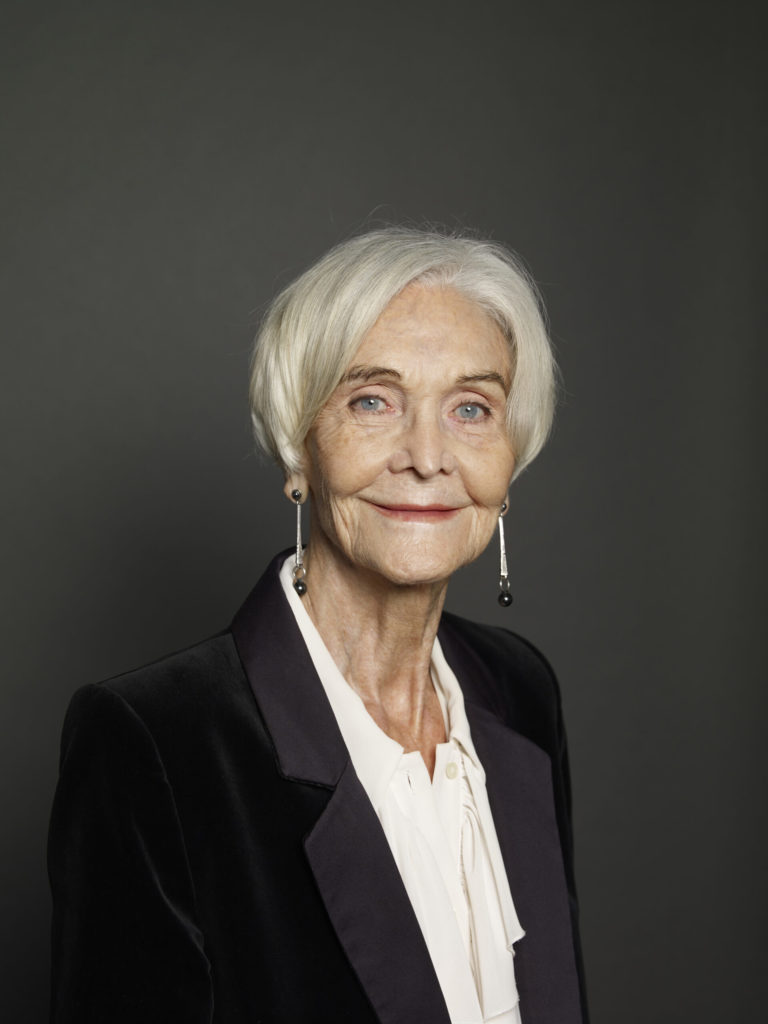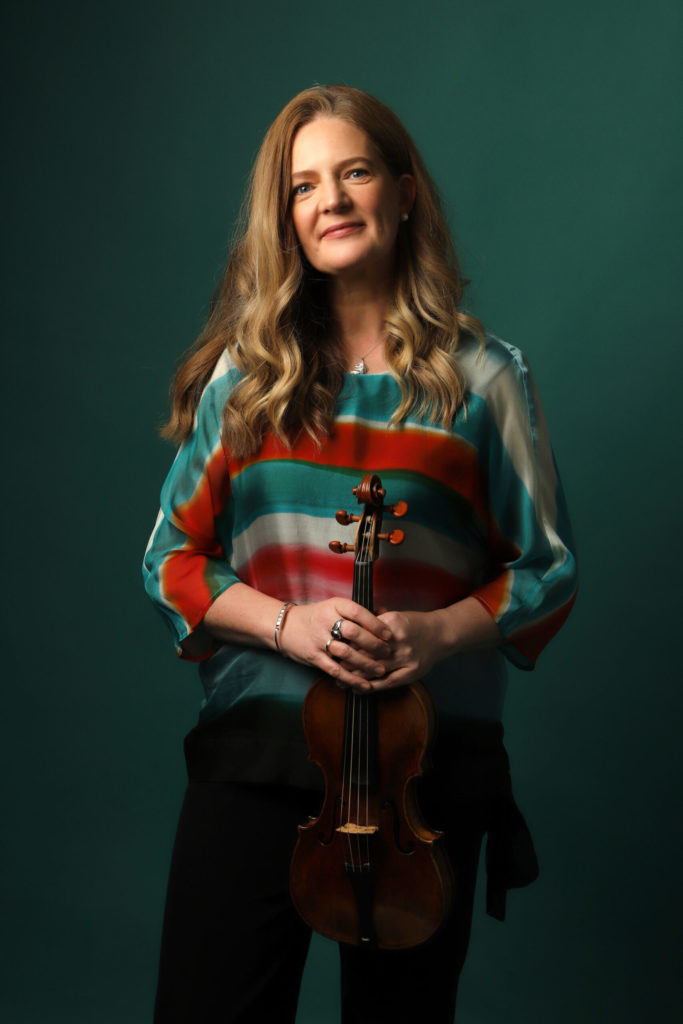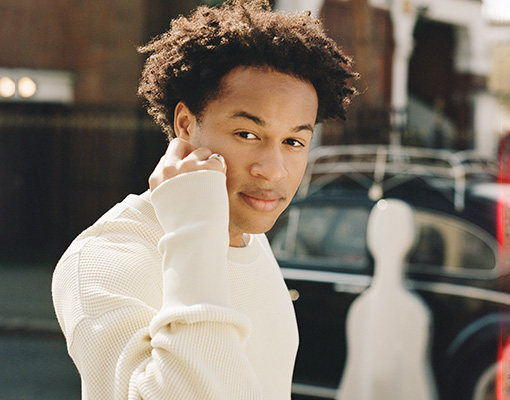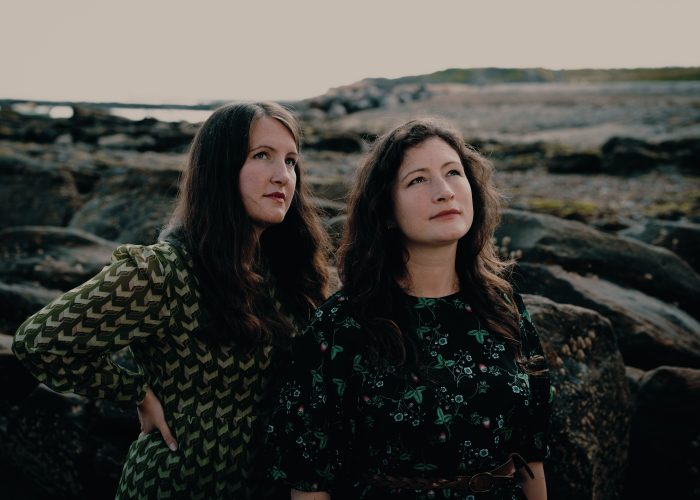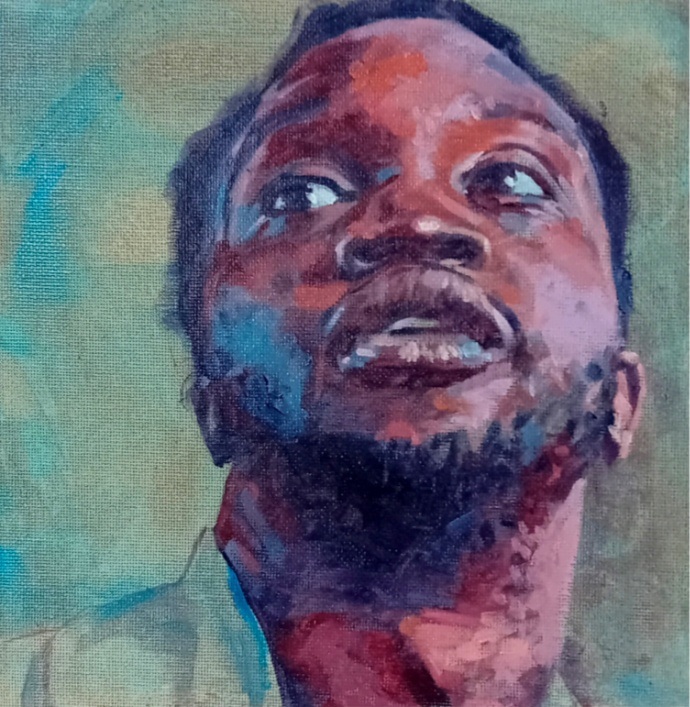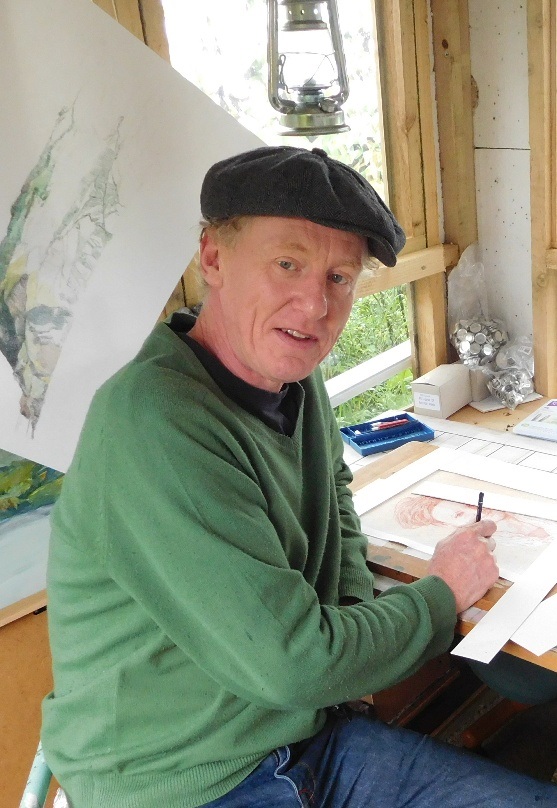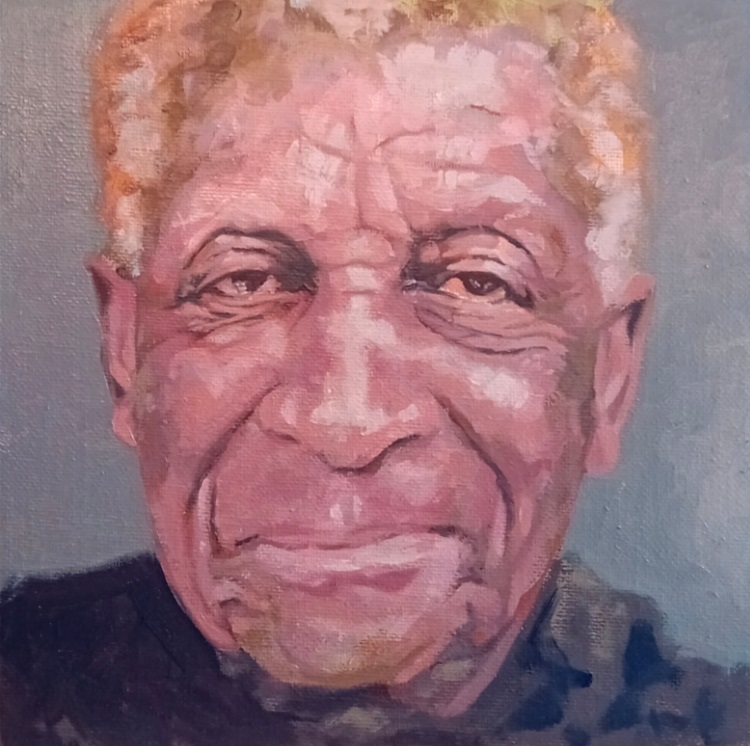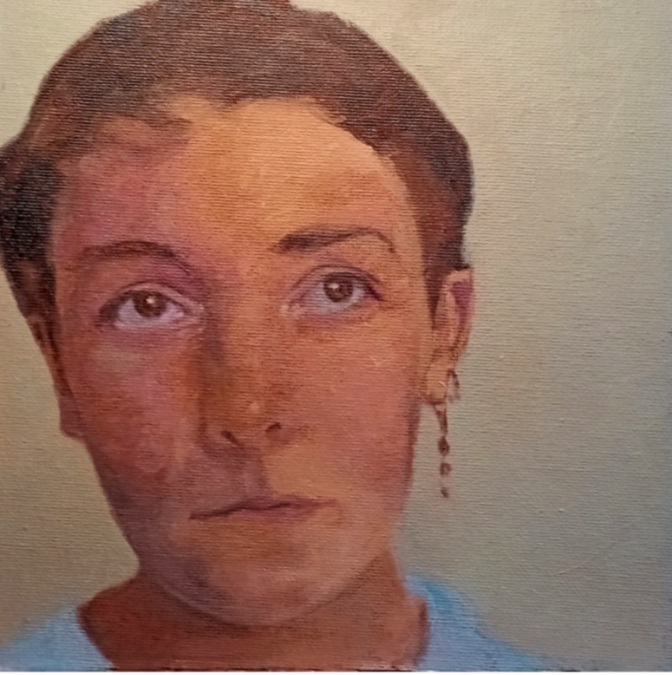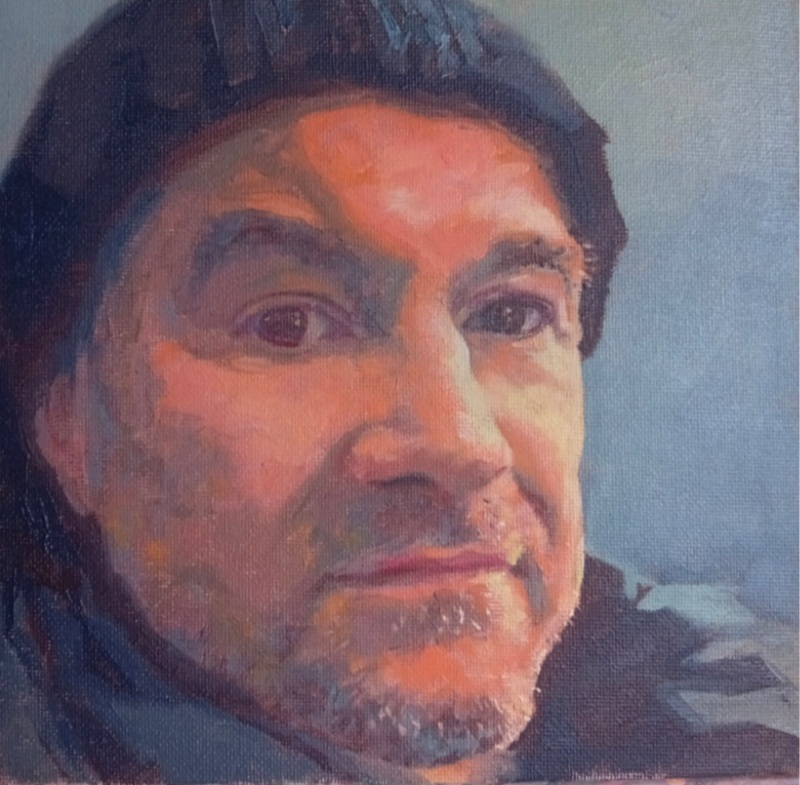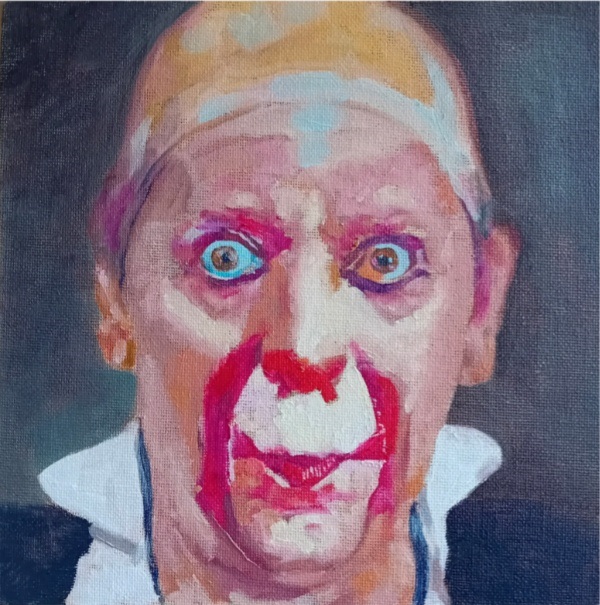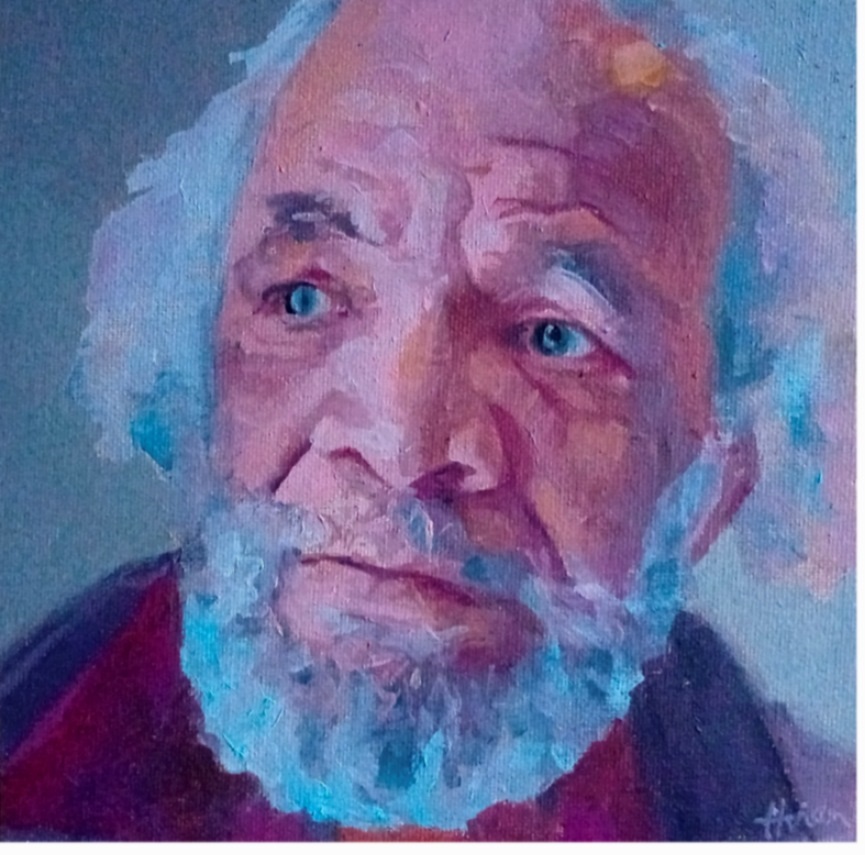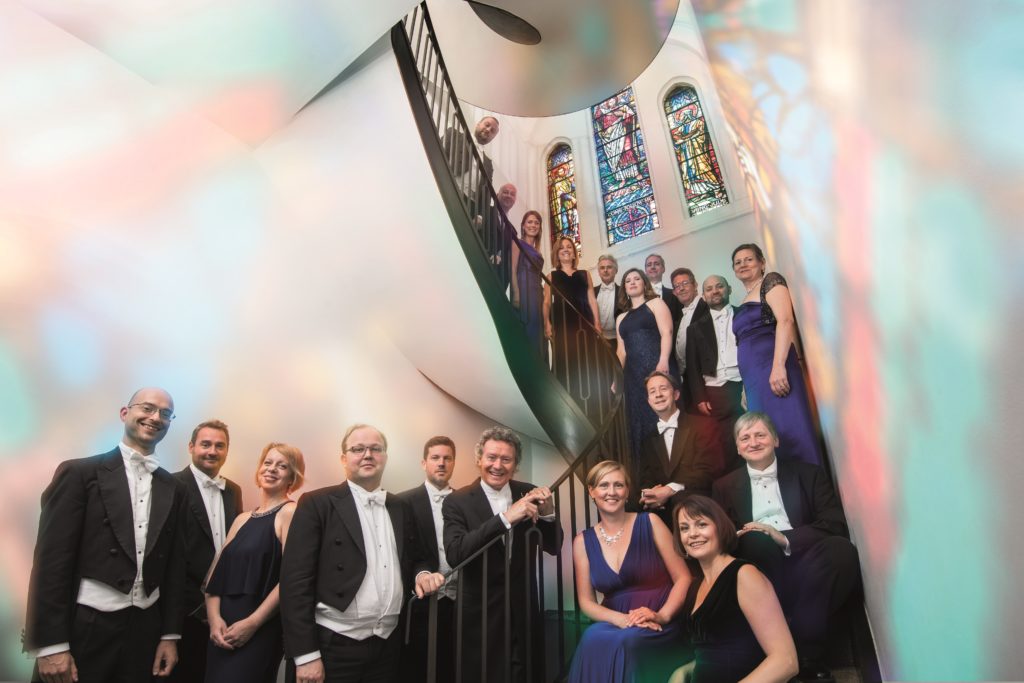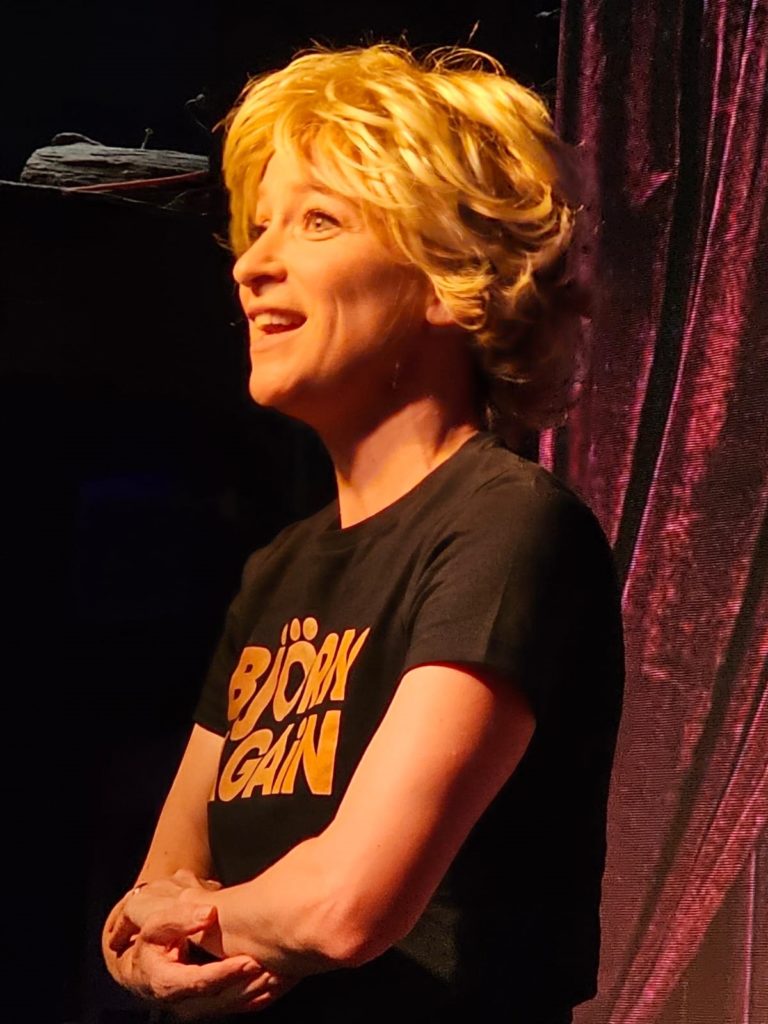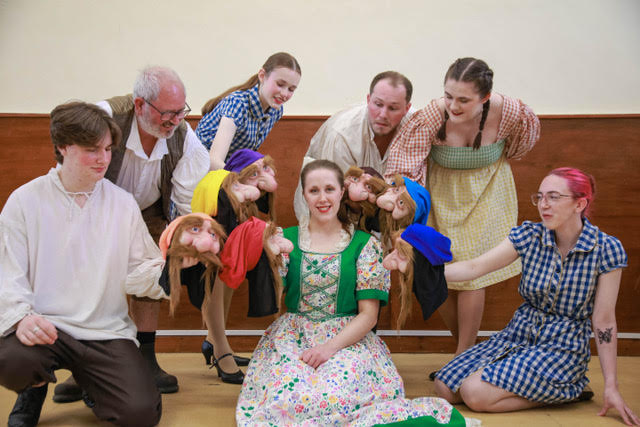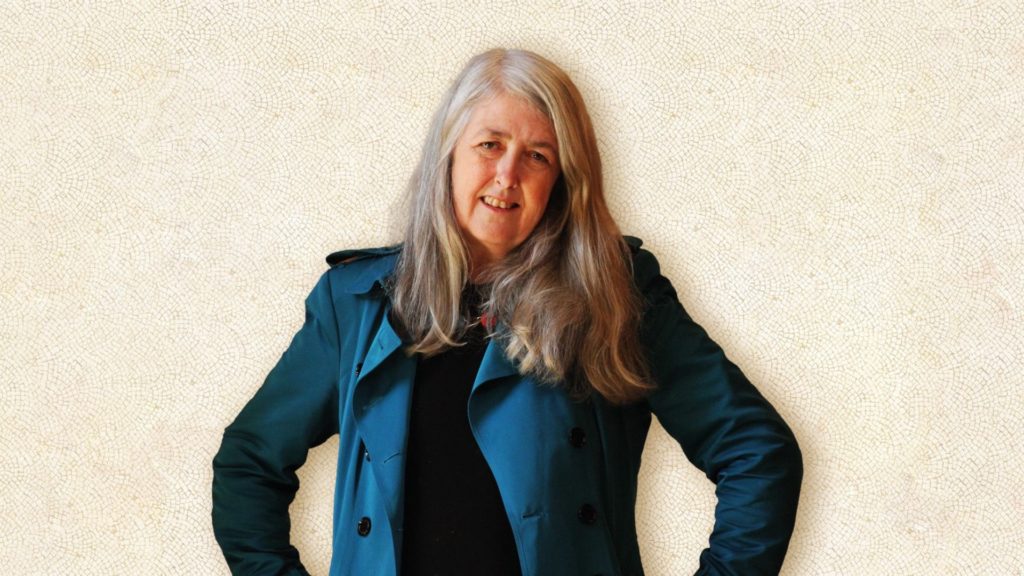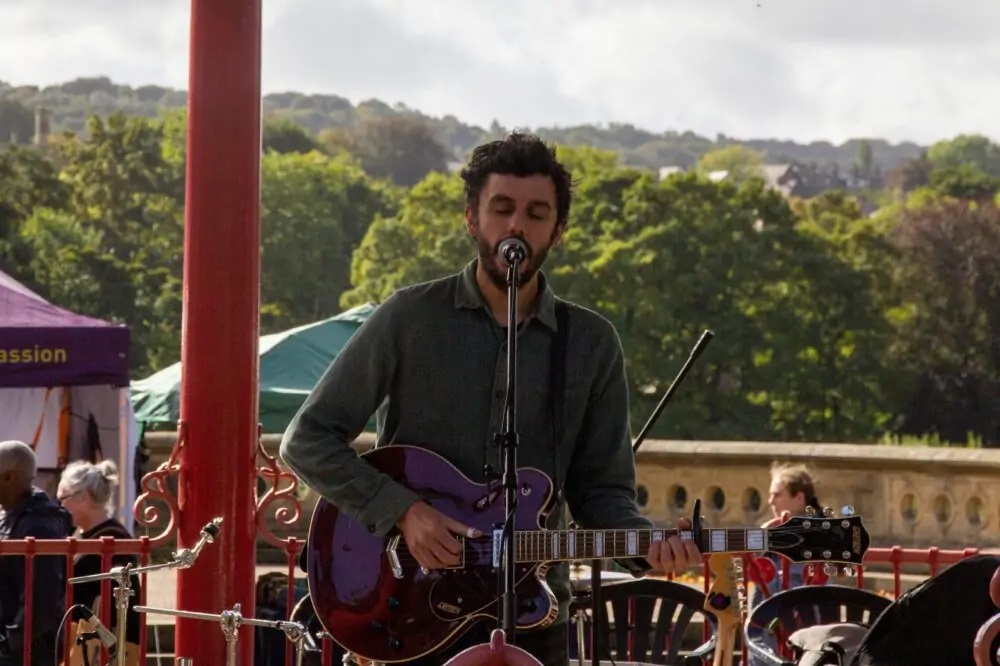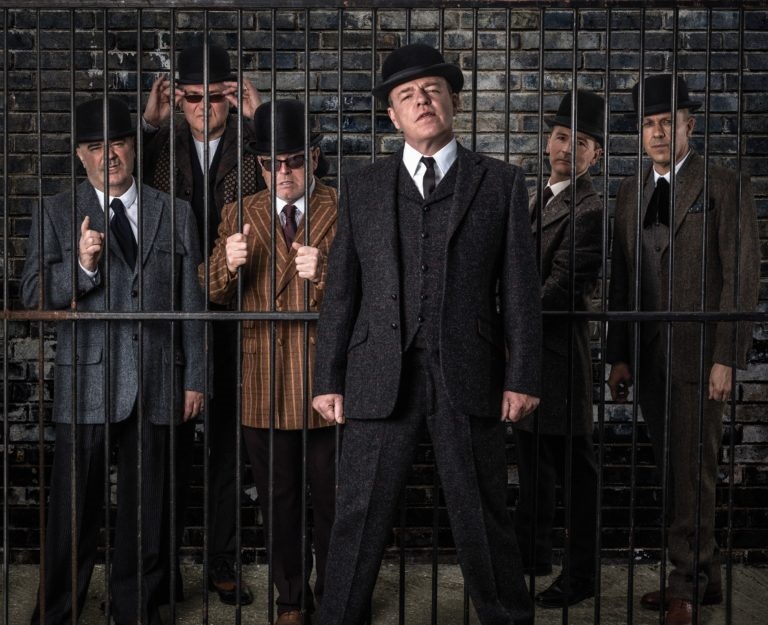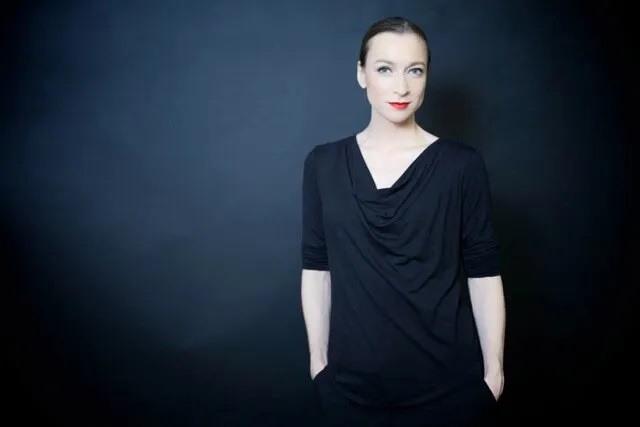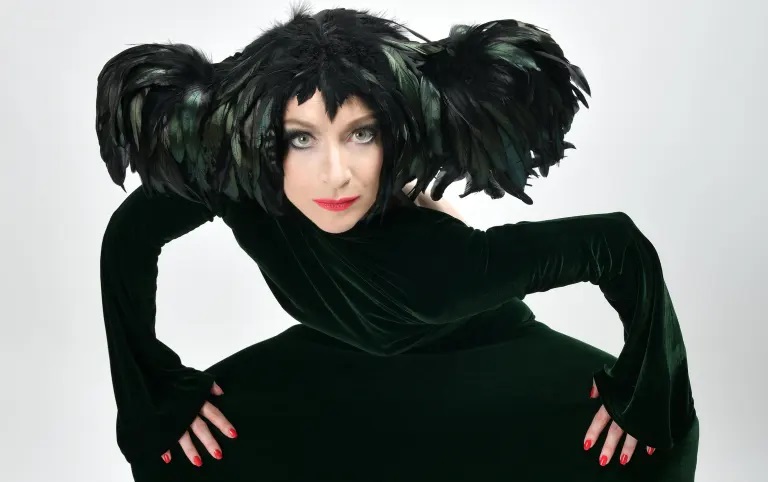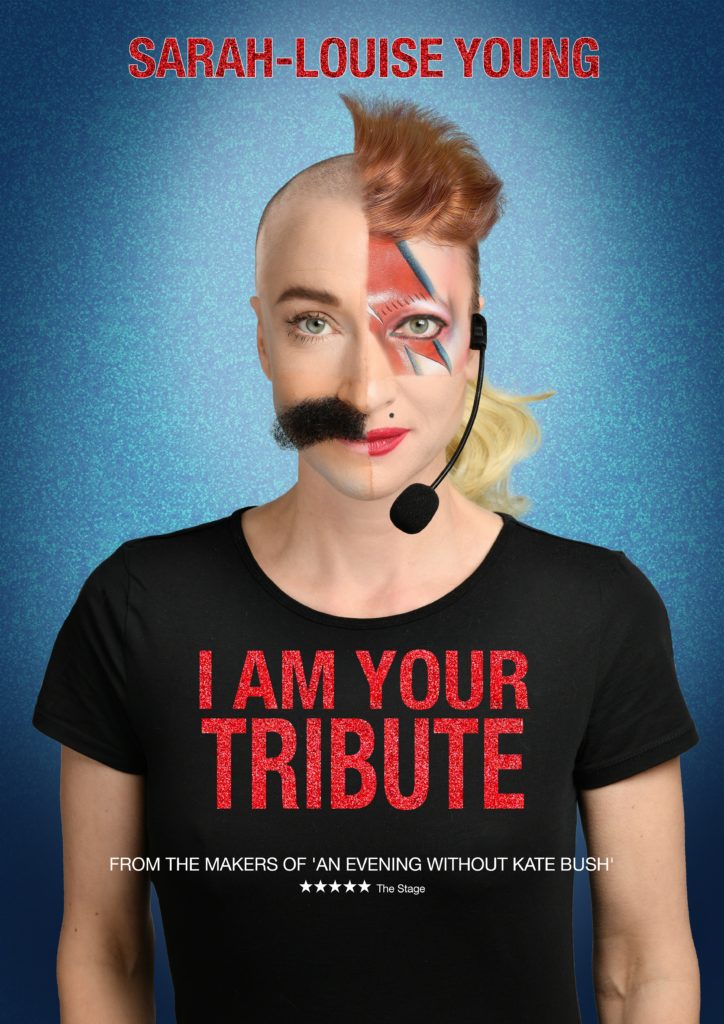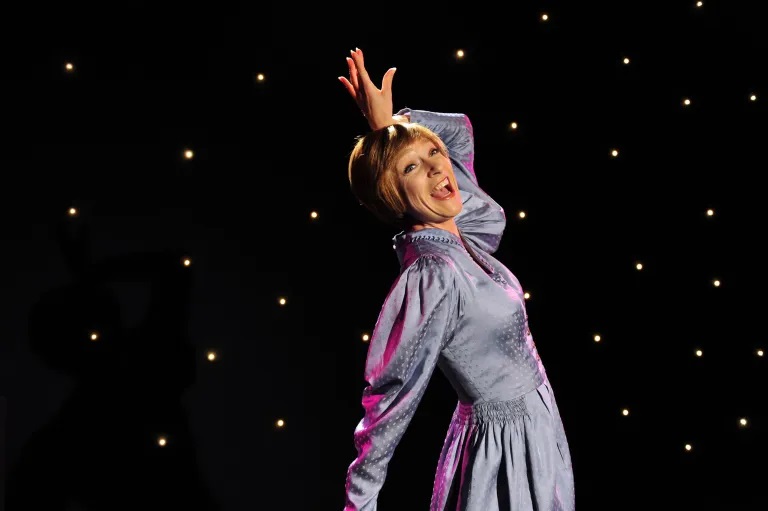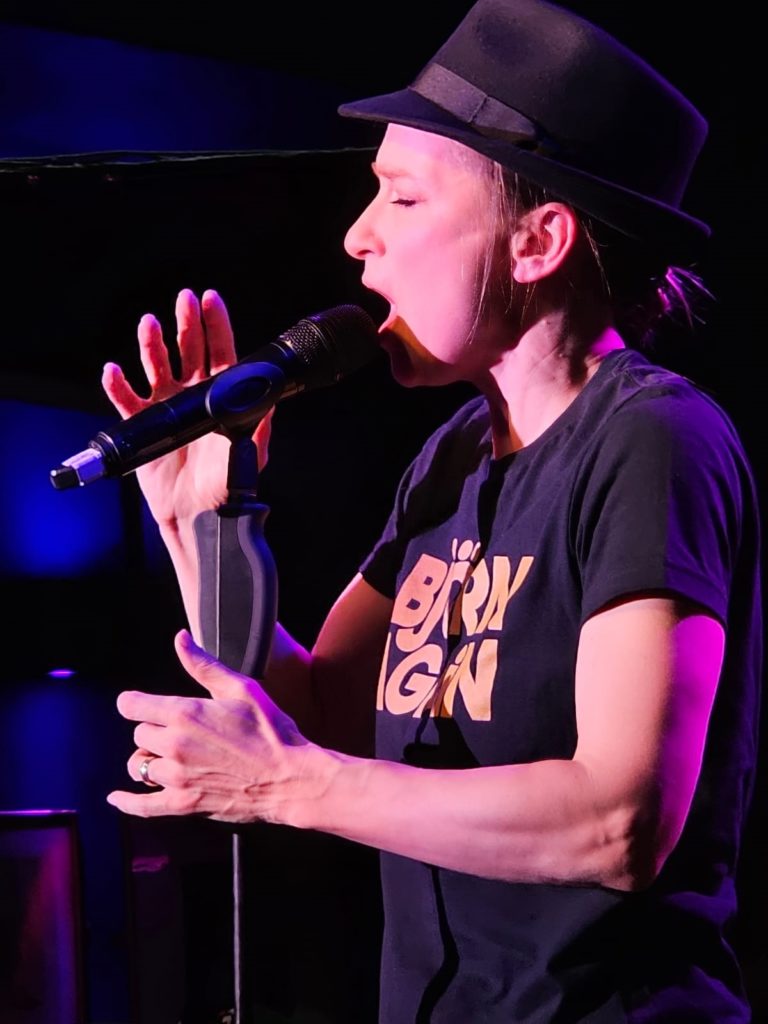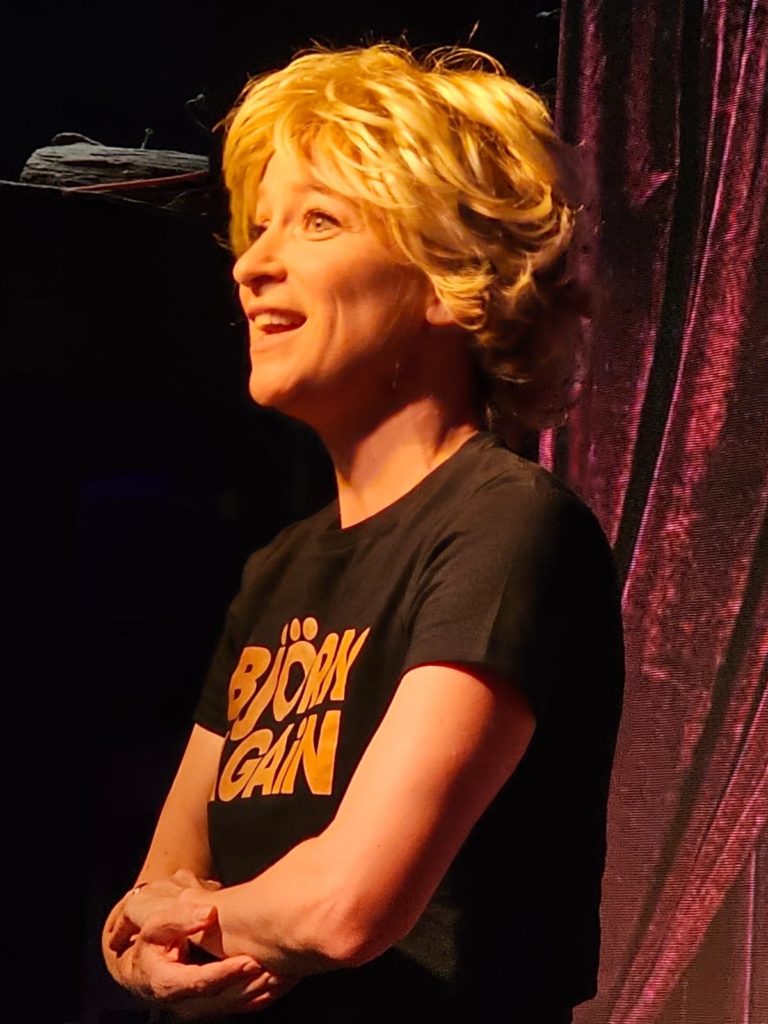
SHED Seven’s 30th anniversary open-air concerts are the headline act on Charles Hutchinson’s arts and culture bill for the week ahead. Look out for global travels, Gershwin celebrations and a Hitchcockian comic caper too.
York festival of the week: Futuresound presents Live At York Museum Gardens, Jack Savoretti, tomorrow; Shed Seven, Friday and Saturday
ANGLO-ITALIAN singer-songwriter Jack Savoretti opens the inaugural Live At York Museum Gardens festival at the 4,000-capacity gardens tomorrow, when the support acts will be Northern Irish folk-blues troubadour Foy Vance, York singer-songwriter Benjamin Francis Leftwich and fast-rising Halifax act Ellur.
Both of Shed Seven’s home-city 30th anniversary gigs have sold out. Expect a different set list each night, special guests and a school choir, plus support slots for The Libertines’ Peter Doherty, The Lottery Winners and York band Serotones on Friday and Doherty, Brooke Combe and Apollo Junction on Saturday. Sugababes’ festival-closing concert on July 21 was cancelled in April. Box office: seetickets.com/event/jack-savoretti/york-museum-gardens/2929799.
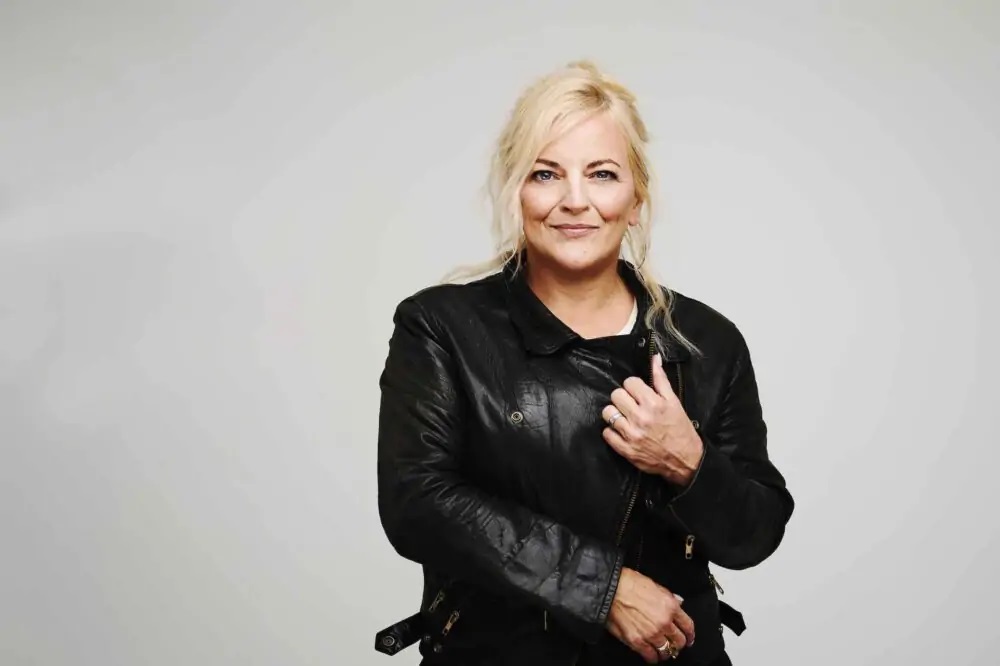
Jazz gig of the week: Ryedale Festival, Claire Martin and Friends, Rhapsody In Blue – A Gershwin Celebration, Milton Rooms, Malton, Friday, 8pm
LONDON jazz singer Claire Martin leads her all-star line-up in a celebration of George Gershwin’s uplifting music and the 100th anniversary of Rhapsody In Blue, a piece that changed musical history.
In the band line-up will be pianist Rob Barron, double bassist Jeremy Brown, drummer Mark Taylor, trumpet player Quentin Collins and saxophonist Karen Sharp. Box office: themiltonrooms.com or ryedalefestival.com.
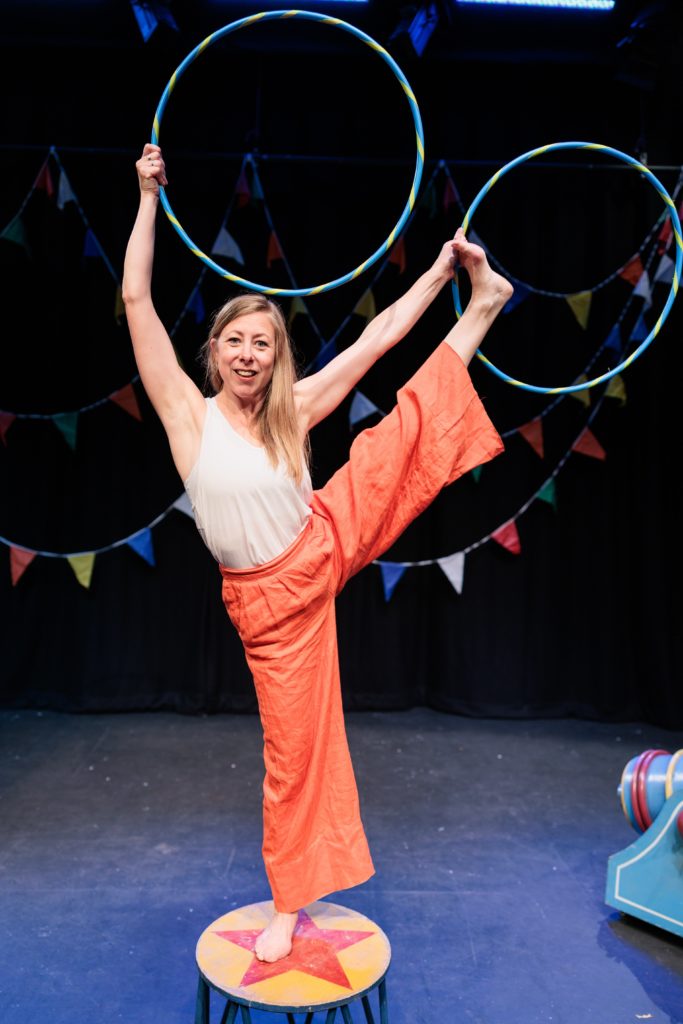
Theatrical return of the week: Around The World In 80 Days-ish, York Theatre Royal, tomorrow to August 3
PREMIERED on York playing fields in 2021, revived in a touring co-production with Tilted Wig that opened at the Theatre Royal in February 2023, creative director Juliet Forster’s circus-themed adaptation of Jules Verne’s novel returns under a new title with a new cast.
Join a raggle-taggle band of circus performers as they embark on their most daring feat yet: to perform the fictitious story of Phileas Fogg and his thrilling race across the globe. But wait? Who is this intrepid American travel writer, Nellie Bly, biting at his heels? Will an actual, real-life woman win this race? Cue a carnival of delights with tricks, flicks and brand-new bits. Box office: 01904 623568 or yorktheatreroyal.co.uk.
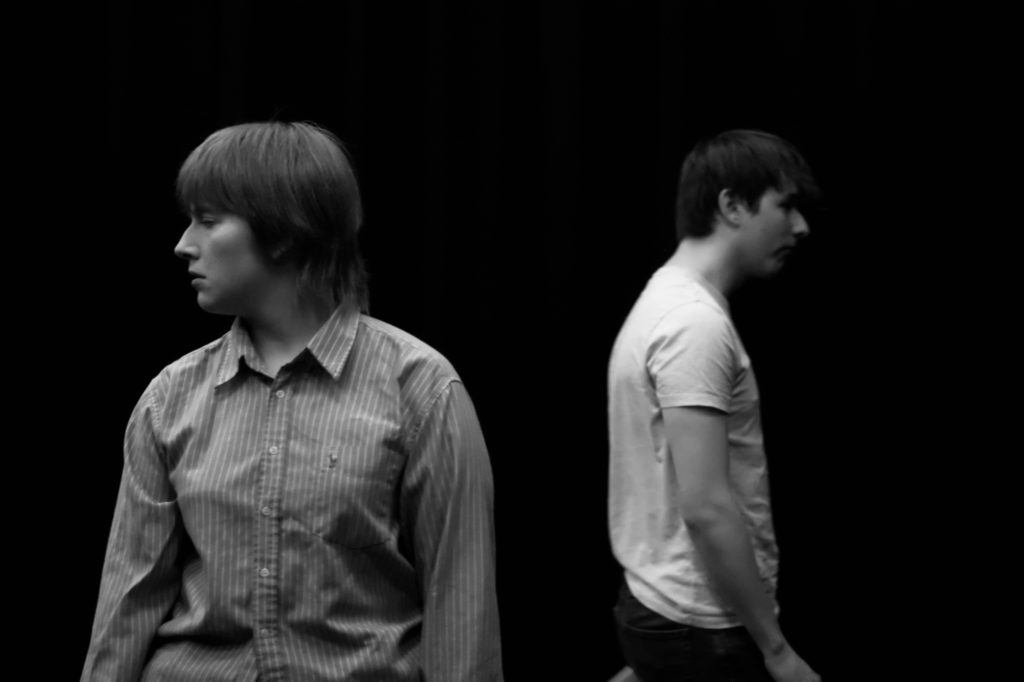
Fringe show of the week: Griffonage Theatre in The Dumb Waiter, Theatre@41, Monkgate, York, tomorrow to Saturday, 7.30pm plus 2.30pm Saturday matinee
YORK company Griffonage Theatre follow up February’s debut production of Patrick Hamilton’s Rope with Harold Pinter’s 1957 one-act play The Dumb Waiter, directed and designed by Wilf Tomlinson.
Two hitmen, Ben and Gus, are waiting in a basement room for their assignment, but why is a dumbwaiter in there, when the basement does not appear to be in a restaurant? To make matters worse, the loo won’t flush, the kettle won’t boil, and the two men are increasingly at odds with each other. Unique to this production, actors Jack Mackay and Katie Leckey will alternate the roles of Ben and Gus at each performance. Box office: tickets.41monkgate.co.uk.
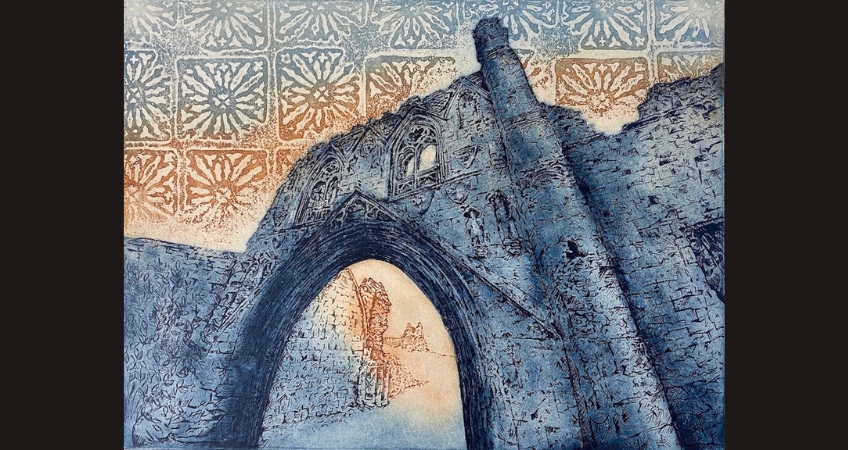
Exhibition of the week: Anna Matyus, Helmsley Arts Centre, until August 9
ANNA Matyus’s work explores the powerful spiritual resonance of historical sacred buildings and their setting in the landscape. Using etching and collagraph printmaking techniques and a colourful palette, she seeks to bring to life the powerful geometry of the often-faded motifs and time- worn patterns and symbols of historic artefacts found in the masonry and ancient tiles of these sacred sites.
“My final prints explore and record the dynamic rhythms of three-dimensional architectural form, layered with their decorative and symbolic adornment in a graphic expression of awe and wonder,” she says.

American solo act of the week: Gary Louris, of The Jayhawks, supported by Dave Fiddler, The Crescent, York, Saturday, 7.30pm
OVER three decades, vocalist, guitarist and songwriter Gary Louris has co-led Minneapolis country rock supremos The Jayhawks with Mark Olson, as well as being a member of alt.rock supergroup Golden Smog, forming Au Pair with North Carolina artist Django Haskins in 2015 and releasing two solo albums, 2008’s Vagabonds and 2021’s Jump For Joy.
He has recorded with acts as diverse as The Black Crowes, Counting Crows, Uncle Tupelo, Lucinda Williams, Roger McGuinn, Maria McKee, Tift Merritt and The Wallflowers too. As an alternative to the sold-out Sheds on Saturday, look no further than this American rock luminary. Box office: thecrescentyork.com.
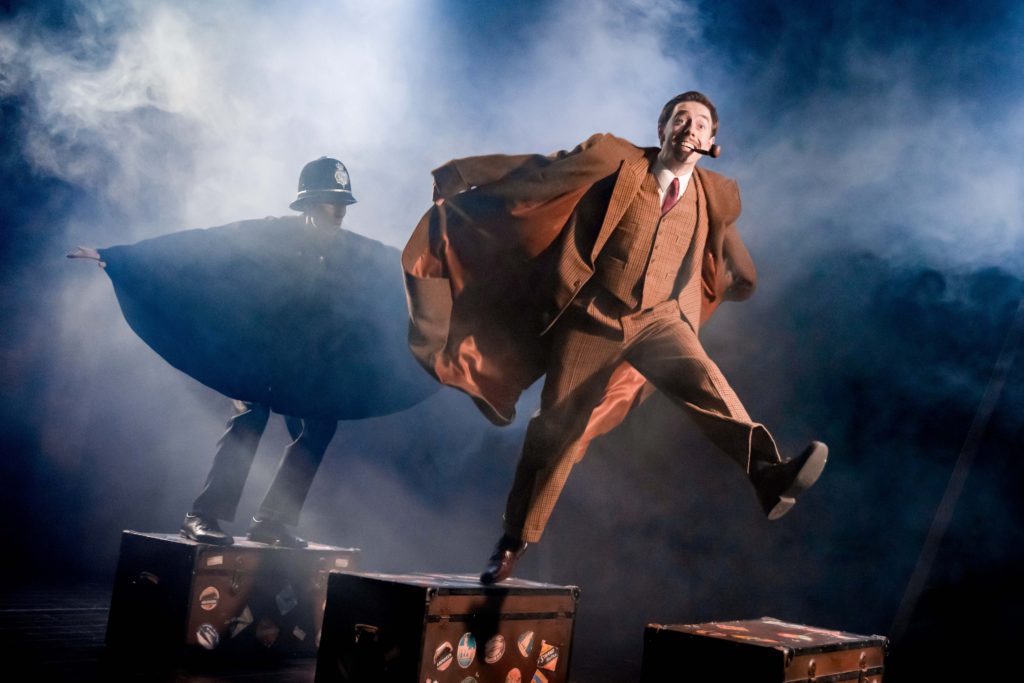
Comedy play of the week: The 39 Steps, Grand Opera House, York, July 23 to July 27, 7.30pm and 2.30pm Wednesday and Saturday matinees
PATRICK Barlow’s award-garlanded stage adaptation of The 39 Steps has four actors playing 139 roles between them in 100 dashing minutes as they seek to re-create Alfred Hitchcock’s 1935 spy thriller while staying true to John Buchan’s 1915 book.
Tom Byrne – Falklands War-era Prince Andrew in The Crown – plays on-the-run handsome hero Richard Hannay, complete with stiff upper-lip, British gung-ho and pencil moustache as he encounters dastardly murders, double-crossing secret agents and devastatingly beautiful women. Box office: atgtickets.com/york.
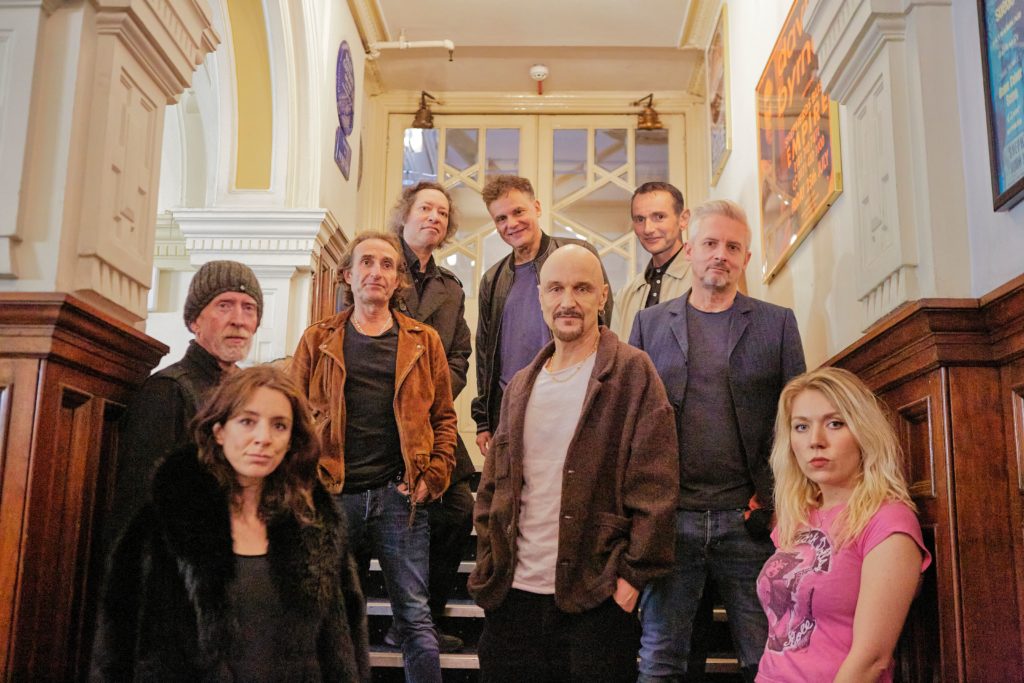
Coastal gig of the week: James, Scarborough Open Air Theatre, July 26, gates 6pm
JAMES follow up Scarborough appearances in 2015, 2018 and 2021 by continuing that three-year cycle in 2024, on the heels of releasing the chart-topping Yummy, their 18th studio album, in April.
“I’m very pleased that we will be playing Scarborough Open Air Theatre this summer – our fourth time in fact,” says bassist and founder member Jim Glennie. “If you haven’t been there before, then make sure you come. It’s a cracking venue and you can even have a paddle in the sea before the show!” Support acts will be Reverend And The Makers, from Sheffield, and Nottingham indie rock trio Girlband!. Box office: scarboroughopenairtheatre.com/james.

